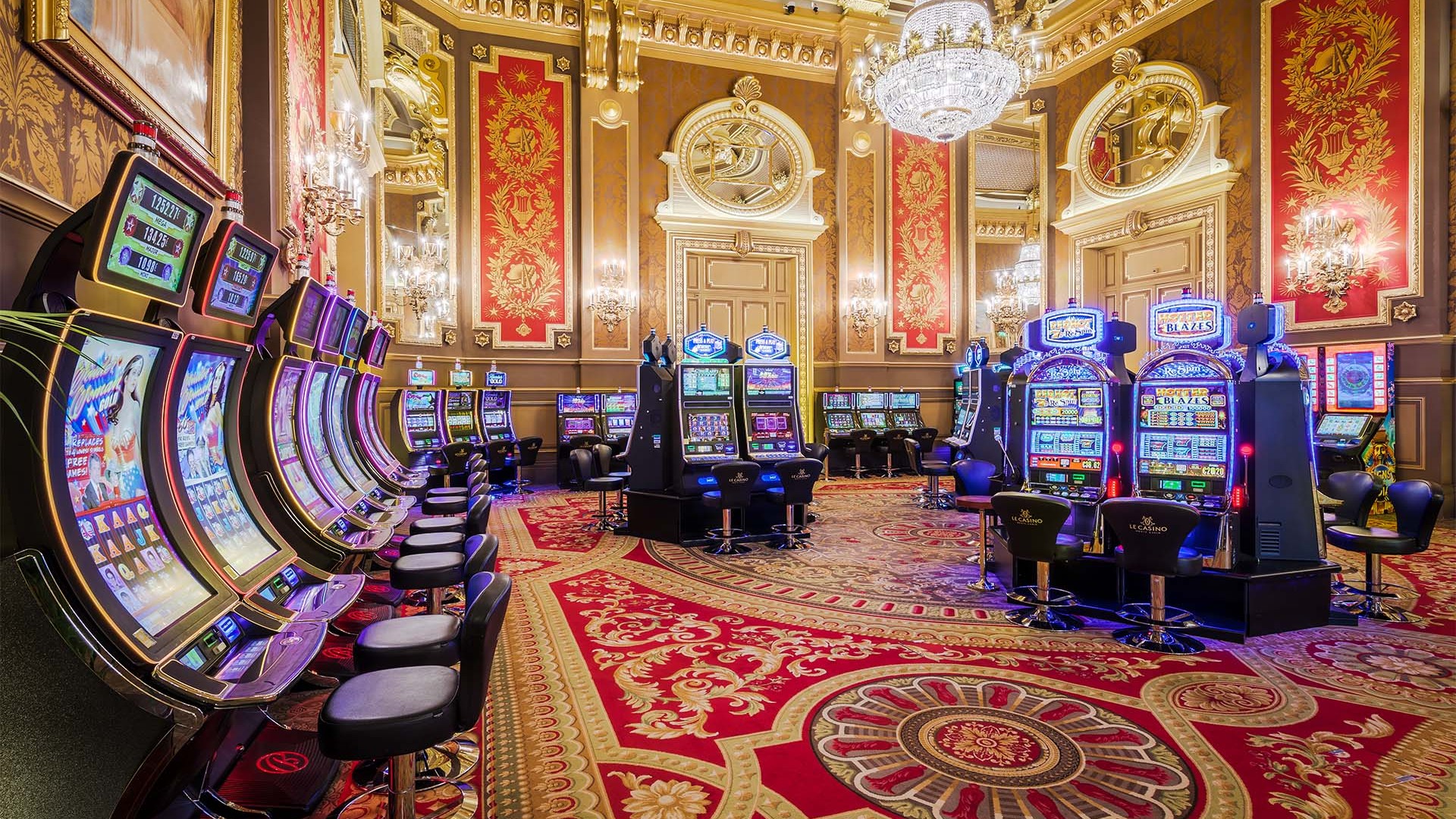Gambling slot machines have enthralled players for decades, drawing them into a world of flashing lights, tempting sounds, and the excitement of luck. These machines, commonly found in colorful casinos, combine aspects of luck and tactics, making them an exciting option for newcomers and seasoned gamblers too. But what is it that makes these games so appealing? The answer lies in the intricate psychology at play as players engage with these colorful reels.
Regardless of whether it’s the wave of excitement while waiting for the result of a spin or the euphoric feeling of a big win, the emotional response provoked by casino slots is significant. The crafting of these machines is meticulously crafted to stimulate the brain’s pleasure system, creating an event that can be both thrilling and addictive. Grasping the mental factors at play in engaging with casino slots games can provide understanding into why so many individuals are attracted to them and how they influence behavior and decision-making in the gambling environment.
Grasping the Attraction of Slot Machines
Slot machines have a unique capability to captivate players with their lively images and alluring sounds. The shiny lights and enthralling themes create an appealing atmosphere that draws people in. Each spin of the reels promises the chance of a huge win, fueling a sense of excitement and expectation that keeps players coming back for more. This sensory experience plays a vital role in the appeal to casino slots games, as it stimulates not only the brain but also the emotions.
A significant factor adding to the allure of slot machines is the idea of immediate gratification. In contrast to other casino games that require skill or strategy, slots offer quick results with each spin. The quick pace of the game allows for prompt engagement, allowing players to experience the rush of winning or the discouragement of losing in a matter of seconds. This rapid feedback loop can lead to a profoundly habit-forming experience, as players seek the next possible payout while being entranced by the game’s constant opportunity for thrill.
Furthermore, the mentality of jackpot potential cannot be overlooked. The allure of hitting a fortune-altering payout keeps players returning, usually outweighing the odds against winning. Many players find themselves dreaming about the potential of striking it rich, fueled by stories of players who have won big. This sense of optimism, along with the rush of the game, creates an irresistible lure that defines the world of casino slots and makes them a favorite among bettors.
The Role of Reinforcement in Gambling
The role of reinforcement plays a significant role in the psychology of playing casino slots games. When players participate with these machines, they experience various forms of reinforcement that can affect their behavior. Positive rewards is particularly powerful; winning, or even the chance of winning, can create a thrill that keeps players coming back for more. The instant response from the reels rotating, coupled with sounds and visual stimuli, further enhances this rewarding experience, reinforcing the urge to continue playing. Bl555

The unpredictability of success in casino slots games also ties into the concept of intermittent reinforcement. This psychological phenomenon occurs when payouts are given out at random intervals, making the anticipation of a potential win more exciting. Players may go for long periods without significant wins but are drawn back by recollections of past jackpots or the possibility of future ones. This uncertainty heightens excitement and keeps players anticipating for that upcoming win, entrenching them deeper into the betting cycle.
Ultimately, the social aspect of playing casino slots games can amplify reinforcement. Numerous participants enjoy the communal atmosphere of a casino, where they might observe others winning, share successes, or even sympathize over losses. This communal support can create a collective experience that encourages ongoing engagement. Players might feel motivated to continue not only for personal gain but also to experience the camaraderie that comes with gambling, reinforcing their connection to the game.
The Impact of Game Design on Gamer Actions
Design of slot machines plays a critical role in shaping player behavior and improving the overall gameplay experience. Features such as visuals, audio, and storylines are intentionally crafted to attract players and maintain them involved. Vivid hues and appealing animations create a visually stimulating atmosphere that can lead to prolonged play times. Additionally, concepts ranging from ancient civilizations to popular culture appeal to various interests, making the games attractive to a wide audience. This targeted design encourages players to invest more hours and money into the gameplay.
Another significant aspect of game design is the use of rewards systems and features like extra rounds or complimentary turns. These elements are designed to produce a feeling of excitement and anticipation, which can trigger the production of dopamine in the brain. This neurological response reinforces the action of playing by linking the game with enjoyable feelings. By providing attractive rewards, casinos motivate players to continue playing, which often leads to higher betting and longer gameplay. The mental thrill of possibly hitting a jackpot or triggering a bonus keeps players coming back for more.
Lastly, the community aspects integrated into casino slots can also affect player behavior. Many contemporary slots include capabilities that allow players to interact with others through rankings or collective goals. This social aspect can enhance the overall experience, as players may feel a sense of belonging or rivalry that motivates them to engage more deeply. The mix of individual excitement and social interaction creates a dynamic environment that not only entertains but also encourages consistent gameplay, showing how deliberate game design can significantly impact player behavior.